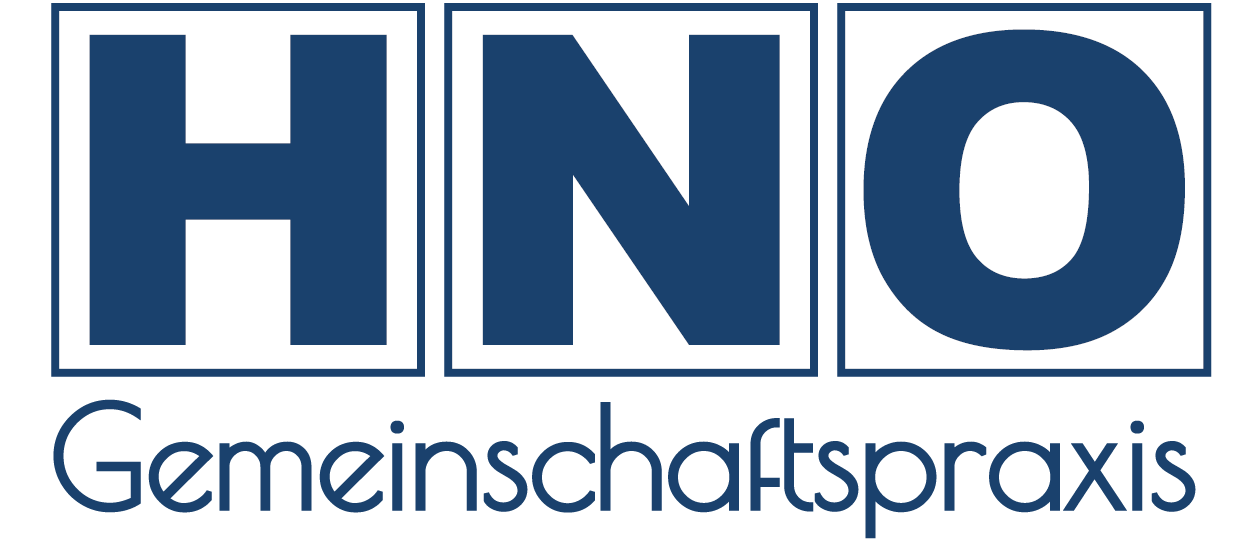In the ENT practice in Wiesbaden, we use the latest procedures for the diagnosis of your allergy. With the help of computer-controlled diagnostic systems, the effects of allergens on the skin, airways, and gastrointestinal tract can be quantified. Comprehensive laboratory analyses complement the examinations and allow for the precise determination of the individual therapy for the patient:
- Consultation on allergen reduction
- Individual medication therapy to reduce symptoms
- Allergen-specific immunotherapy (“desensitization”) as a subcutaneous or oral therapy for the causal treatment of the allergy
The individual condition is examined from all perspectives of allergology and immunology. Since allergies can occur in various organ systems, we also investigate with different methods in all directions and organ systems. Unfortunately, allergies are often inadequately treated. Patients are sometimes prescribed medications that offer little help or may cause side effects. However, targeted treatment with medications is usually possible. Depending on the condition, immunotherapies or specifically acting antibodies (biologics) are used.
Specific Immunotherapy
The goal of desensitization is to reduce sensitivity to a specific substance. During treatment, the body is repeatedly exposed to the allergenic substance in various concentrations. If the treatment is successfully completed, an exaggerated reaction does not occur upon subsequent, natural contact with the allergen. Desensitization is only useful for certain allergies.
- Conventional immunotherapy (subcutaneous injections)
- Cluster therapy & Rush immunotherapy
- SLIT (sublingual immunotherapy / letting the medication dissolve under the tongue)
Cluster immunotherapy is the most modern method for activating the impaired immune system in allergies. A complete treatment can be carried out on an outpatient basis in the allergy center within a few weeks. Certain cells of the immune system (so-called T-lymphocytes) are naturally activated and subsequently switch off the allergic reaction. This is achieved in this modern therapy without the addition of chemical substances or other harmful agents.
The newly developed Rush immunotherapy promises progress by allowing dose increases at shorter intervals. This way, the maintenance dose should be reached within a week under inpatient conditions, and after that, further injections are only necessary once a month.
Sublingual immunotherapy for desensitization is particularly suitable for use in children. Instead of injecting the allergens under the skin (subcutaneously), in SLIT, the allergen is dripped under the tongue. The SLIT therapy is also well tolerated: Since its introduction more than 15 years ago, no severe systemic side effects have been reported.


